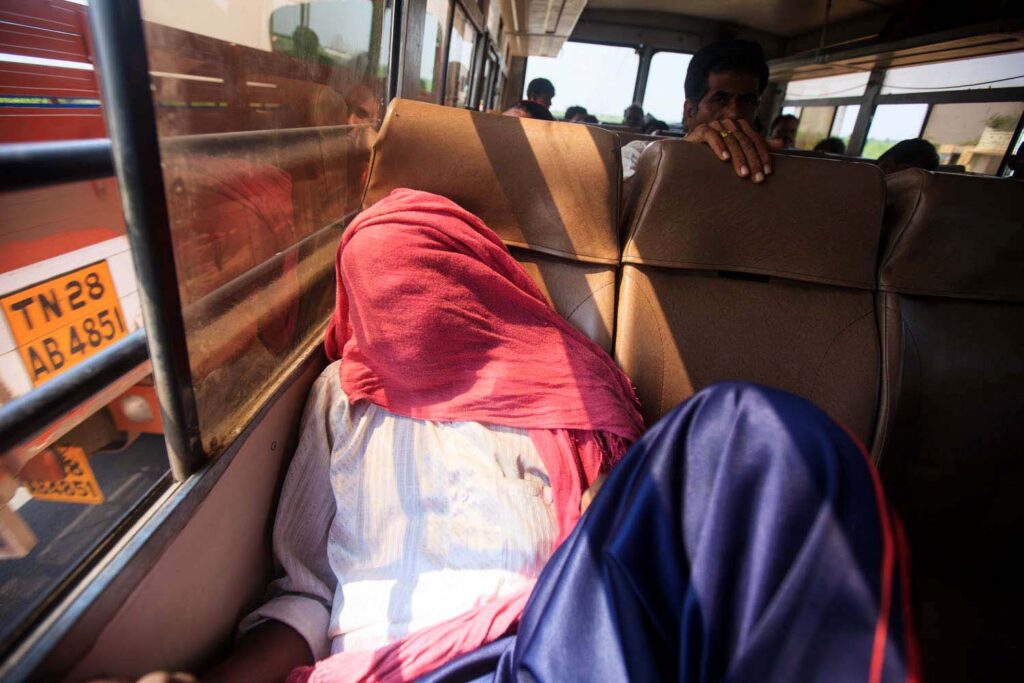
Why the heatwave deaths in India should not be forgotten after the summer

Every year from March to June, the media reports harrowing news of heatwaves, stories of suffering and survival saturating the headlines. By August, the urgency wanes, the language shifts to general updates, and soon, these calamities fade from the collective memory. The cycle repeats with cruel predictability. The next year, another heatwave, more deaths, yet we never address the crucial questions: how did we reach this point? Why do these tragedies recur with such relentless regularity? And how do we better adapt and mitigate these direct consequences of climate change? During this year’s heatwave, India recorded a staggering 374 heat stroke deaths and over 67,000 suspected cases between March and July, according to health ministry data stated in the Lok Sabha last month. Data submitted by the ministry of earth sciences paints a more troubling picture, noting that since 2013, barring some exceptions, India has seen over a thousand heat…





